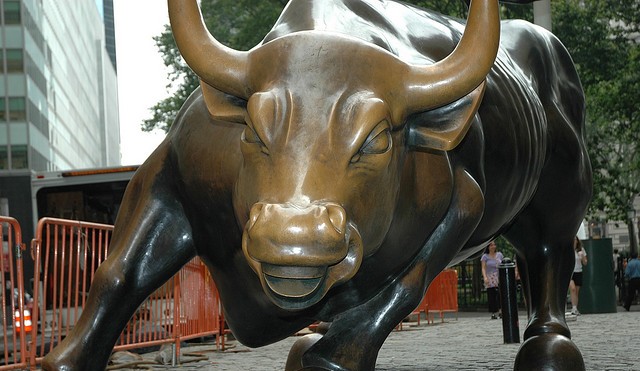-
Tips for becoming a good boxer - November 6, 2020
-
7 expert tips for making your hens night a memorable one - November 6, 2020
-
5 reasons to host your Christmas party on a cruise boat - November 6, 2020
-
What to do when you’re charged with a crime - November 6, 2020
-
Should you get one or multiple dogs? Here’s all you need to know - November 3, 2020
-
A Guide: How to Build Your Very Own Magic Mirror - February 14, 2019
-
Our Top Inspirational Baseball Stars - November 24, 2018
-
Five Tech Tools That Will Help You Turn Your Blog into a Business - November 24, 2018
-
How to Indulge on Vacation without Expanding Your Waist - November 9, 2018
-
5 Strategies for Businesses to Appeal to Today’s Increasingly Mobile-Crazed Customers - November 9, 2018
Hormone Levels Have Effect On Trader Investments Says Study : LIFE : Tech
It has been found by researchers that hormone level in traders increases in the nerve-racking, competitive environment and they do investments in more risky assets. Cortisol and testosterone, more prevalent in young men, lead traders to take risks and keep taking them once they’ve had success, leading to winning streaks and crashes, said Ed Roberts, a researcher at Imperial College London.
Advertisement
By giving participants cortisol and testosterone, the researchers established a direct connection with taking chances in finance, said Roberts, who studies brain function and the endocrine system, the web of glands and hormones that influence decision-making.
In the first, 142 men and women played a fast-paced trading game without being given additional hormones, and their saliva was tested three times over two hours.
Cortisol appeared to directly affect volunteers’ preference for riskier assets, while testosterone seemed to increase optimism about how prices would change in the future, the researchers explained.
Writing in Scientific Reports, the authors carried out two experiments as part of their study.
“Our view is that hormonal changes can help us understand traders’ behavior, particularly during periods of financial instability”, said Dr. Carlos Cueva from the Department of Economics at the University of Alicante and one of the lead authors of the study. They artificially raised hormone levels among volunteers in one experiment & measured natural levels in another.
Then they engaged in playing a game of asset trading in groups of about 10. Those who had higher levels of cortisol were more likely to take risks, and high levels in the group were associated with instability in prices.
It was noticed that cortisol was elevated in response to physical or psychological stress, increasing blood sugar and preparing the body for a fight-or-flight response. On the other hand, high testosterone levels in men are link to their confidence and what makes them successful.
In another experiment 75 young men received testosterone or cortisol before commencement of the game.
These results clearly suggest that testosterone & cortisol promote risky behavior as far as short term investments are concerned.
According to authors, their study could assist in the development of more stable financial institutions.
The research team believes, this research has given a better understanding of traders’ behaviour and how it might affect financial markets.
Advertisement
He said: “With massive market volatility forecast over Greece and its debt repayments, or their lack, it’s important to know just how much impact hormones have on traders’ decisions”.





























